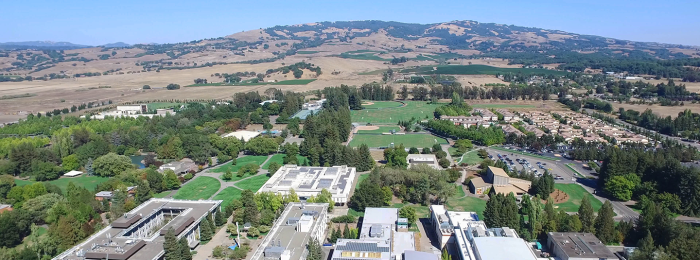Do Your Homework Before Your Executive Job Interview

Most executives feel some level of apprehension when it comes to searching for a new job, especially if it’s been a while since they’ve had to do it. But then they work hard on their executive resume, networking, and improving their personal brand, and finally land that interview. However, the work is only beginning. You need to do your homework before going into a job interview because it can be the difference between being considered a viable candidate or having your resume pushed to the side. Companies want to hire someone who shows they are willing to do their due diligence in order to make a quality decision. Having the best-written resume is paramount, but those resumes don’t guarantee you are a perfect fit for any given job. Here are important points to research prior to going into a job interview.
Understand Mission Statements and What They Mean
Being able to know and understand a company’s mission statement is important for a few reasons. For one, you shouldn’t work for a company if you don’t agree with their mission and values. You also should demonstrate to an interviewer how your work ethic, personal ethics, and daily actions fit what the company represents. Having this information in your LinkedIn profile is one thing, but it’s also important to be able to give examples during your interview.
Know the Key Team Members
In today’s marketplace, it is easier than ever to find out this information. You can get the names of key team members of a company by looking at the company’s LinkedIn profile. Take this a step further and learn a few interesting facts about those people, as well. Discover what college they attended, how their degree led them to the role they have and anything else you deem to be relevant. When you research professionals at a prospective employer as much as they research you as a job candidate, you’ll be more likely to make a great first impression.


There’s no specific action you can take that will magically land you any job you want, and the work doesn’t stop once your resume is created.
Read About Current Industry or Company News
When you’re able to talk about the latest news within the company or the industry they operate in, you’ll earn some solid points with the interviewers, since it shows you’ve come prepared. You will, no doubt, have related your past experiences to the company in your resume. But now you need to follow-up on those experiences with action by demonstrating you’re ready to get started working for them right away.
Know the Organizational Structure
A LinkedIn profile of an interviewer or a company doesn’t give you the total picture of a company’s structure. The title “executive” means different things to different companies, so if you aren’t able to figure out how the company is structured by searching online, then don’t hesitate to ask them in the interview. You need to make sure you fit within the structure so you know exactly what your role is if hired.
Talk to the Recruiter or Hiring Manager
They are a great resource for you and have a vested interest in presenting a viable candidate. Ask them questions about the company culture, information that would be helpful for you to know about those conducting the interview, as well as information about the job description. If you are able to get names of the interviewer, take a look at their LinkedIn profile to learn about them, so you have an idea of who you’ll be talking to.
Ask Your Own Questions
Hiring managers want to know that potential candidates have thought through various scenarios of working for the company. It never bodes well if a candidate leaves without asking questions. Always have a list of questions to ask the interviewer as well. You want to make sure the employer is as good of a fit as it seems like on paper, so ask them why they believe you would fit in. Ask them about short-term and long-term opportunities, potential advancement, travel time, and anything else you have concerns about. Most interviewers will be open to answering all of these types of questions, and may even be more impressed with you as a result since it demonstrates your strong interest in the position.
There’s no specific action you can take that will magically land you any job you want, and the work doesn’t stop once your resume is created. Doing your due diligence on a company will help you master the interview and put yourself in a great position to get the job. When you have prepared for the interview, it will give you a greater sense of confidence and allow you to present your best self to the interviewer.

CAREER ADVICE

GOV TALK




